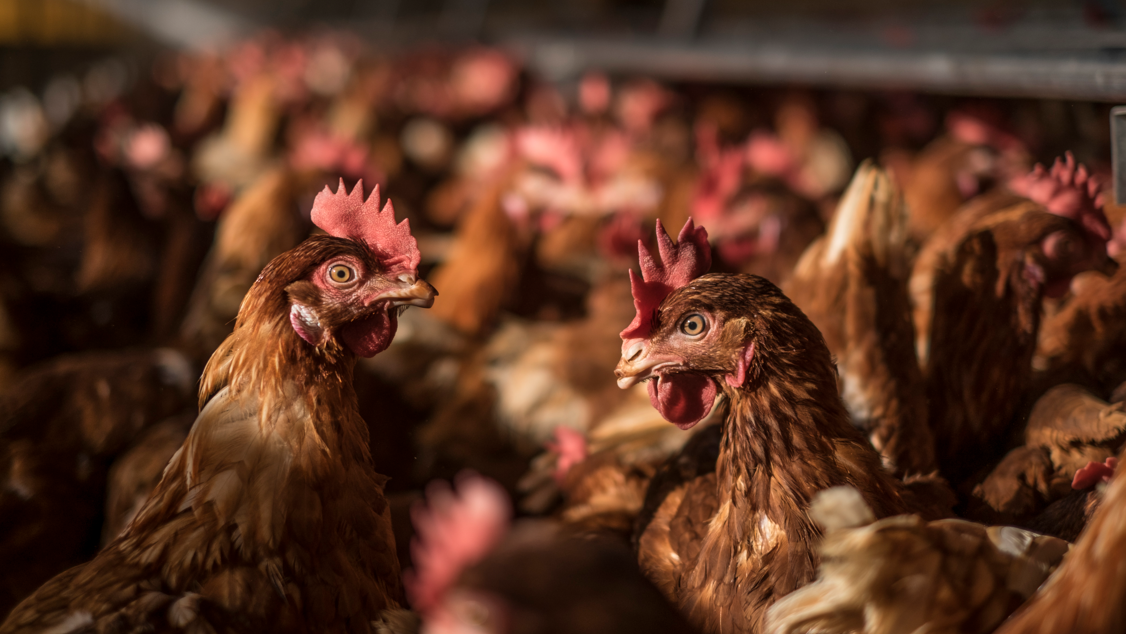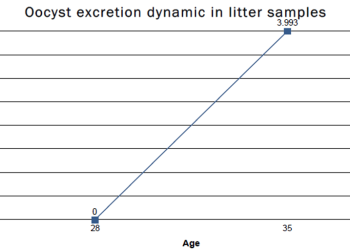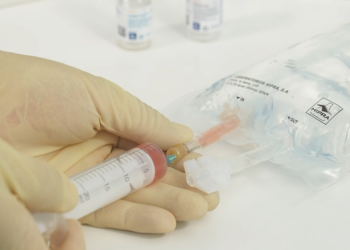Coccidiosis is a common parasitic disease that can have a significant impact on poultry health and productivity. Despite its prevalence, many misconceptions exist about the prevention and control of this disease. It’s often thought that caged hens are less likely to get coccidiosis because they don’t have much contact with their droppings. But this is a misunderstanding.
Coccidia parasites have a complex life cycle, and caged hens can still be exposed. Even though they can’t walk on the ground, manure belts can carry oocysts to the hens’ cages. When the hens peck at the manure on the belt, they can accidentally swallow them and get infected.
The Importance of Coccidia Species
Not all coccidia species develop at the same rate. Some require a longer sporulation period. In this continuous manure removal scenario, sporulation might be hindered. Consequently, infections caused by E. maxima, E. acervulina, and E. tenella are more prevalent in caged hens compared to E. necatrix and E. brunetti infections. The lower prevalence of E. necatrix and E. brunetti in caged systems can be attributed to their reduced reproductive potential and decreased exposure to oocysts compared to species like E. maxima and E. acervulina. The limited contact with oocysts in cage environments can hinder the transmission and establishment of these coccidia species.
Stress and Coccidiosis: A Dangerous Combination
Coccidia outbreaks are often associated with periods of stress, such as peak production, where animals experience high metabolic demands. Abrupt dietary changes disrupt intestinal homeostasis, altering the composition and function of the commensal microbiota.
Furthermore, management practices, like vaccination, induce a systemic inflammatory response that can exacerbate intestinal dysbiosis. The resulting dysbiosis, characterized by a decrease in beneficial bacteria and an increase in opportunistic pathogens, compromises the intestinal barrier, facilitating colonization by coccidia.
Myth: Coccidia Outbreaks Always Mean High Oocyst Counts
It’s a common misconception that a coccidia outbreak will always result in a significant increase in oocyst shedding. While it’s possible to see a temporary rise in oocysts a few days after an outbreak, this isn’t always the case.
When coccidia infect chickens, the parasites replicate within the enterocytes and may not have been shed in the faeces yet. It’s often the case that outbreaks are treated promptly, so the expected peak in oocyst shedding might not be observed.
Myth: Coccidia Vaccines Guarantee No Outbreaks
Another myth is that vaccinating against coccidia will completely prevent outbreaks.
It’s important to remember that vaccines work best when the chickens’ immune systems are healthy and not fighting other infections. That’s why it’s important to vaccinate laying hens against coccidiosis and make sure they’re not stressed or have other health problems.
Successful Coccidia Vaccination in Caged Hens
A live attenuated coccidia vaccine works properly if the right conditions for the vaccine to develop and protect the chickens are provided. This includes maintaining proper humidity, correct density, and avoiding certain antibiotics.
Myth: If I’ve vaccinated against coccidia with a live attenuated vaccine, I can’t use antibiotics.
It’s true that certain antibiotics can interfere with the effectiveness of live coccidia vaccines. This is because these vaccines rely on an attenuated form of the parasite to stimulate the bird’s immune system. Antibiotics can kill or inhibit the growth of these parasites consequently reducing the vaccine’s efficacy.
Why certain antibiotics should be avoided:
It’s crucial to avoid using the following substances, especially during the first three weeks when the vaccine strains are replicating:
- Coccidiostats: These are drugs specifically designed to control coccidiosis. Using them alongside a live vaccine can hinder the development of immunity.
- Amprolium, toltrazuril, sulfonamides: These antibiotics have coccidiostatic properties, meaning they can inhibit the growth of coccidia. Using them during vaccination can reduce the effectiveness of the vaccine.
- Tetracyclines and spiramycin: These antibiotics also have anti-coccidial activity and can interfere with the replication cycle’s parasite.
- Phytogenic compounds with high concentrations (>150ppm): Some plant-based compounds can have anti-coccidial effects at high concentrations, potentially reducing vaccine efficacy.
When introducing new flocks, it is crucial to ensure that the environment is primarily colonized by vaccine strains. To achieve this, avoid using substances that could eliminate vaccine strains throughout the animals’ lives, even after the three-week vaccine replication period.
This minimizes the challenge for newly vaccinated flocks, facilitating the development of immunity and allowing the vaccine to reach its maximum efficacy, thereby optimizing the immune response to coccidiosis in caged hens.





